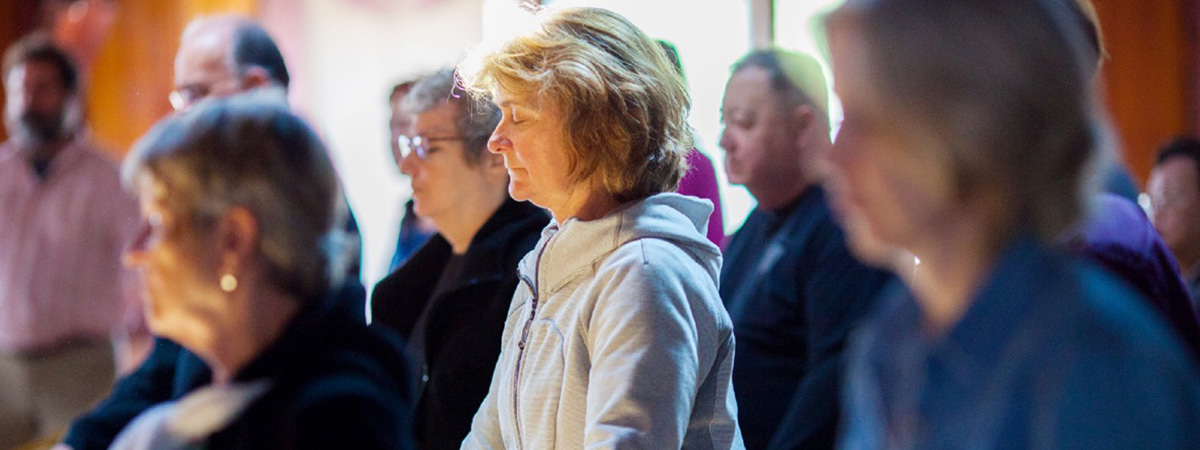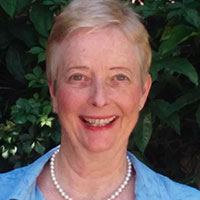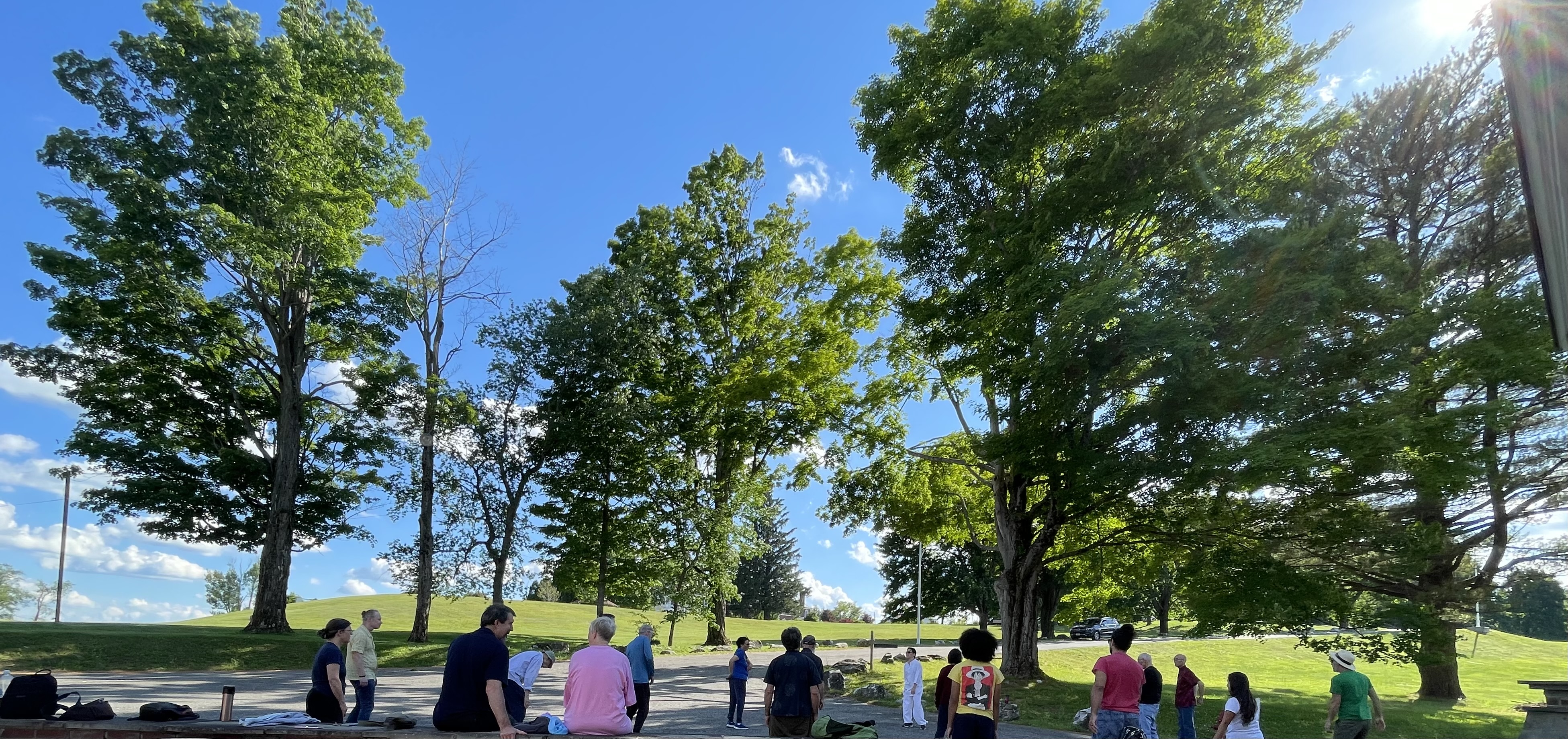Professor Livia Kohn Energy Make-Over
After the universe exploded from its compression to infinite density at the Big Bang, it first reached a state of high, subtle energy that can be described as original, fundamental, essential, and the like. The Chinese call this primordial qi or spirit (shen); physicist William Tiller describes it as a “special unitary” (SU) (2) symmetry state. Magnetic charges coexist with electric poles along inner symmetry parameters and energy is exchanged via both photons (light) and phonons (sound), using carrier waves faster than light.
From here the universe evolved into a more familiar energy state which the Chinese call simply qi and Tiller describes in terms of “unitary” (U) (1) symmetry. As matter now manifests as solids, liquids, and gases, this energy state works with electromagnetic forces, divided into positive and negative fields, and flows along undulating rhythms with a maximum velocity of the speed of light. This is our world, but the level of special unitary symmetry or pure spirit remains active beneath it.
Within human beings, qi flows in two main modes. The first is zhengqi or “proper qi.” This signals a smooth flow of qi, which manifests in physical health, emotional stability, mental integration, social competence, as well as an openness to the workings of spirit. In terms of cell biology as described by Bruce Lipton, all fifty trillion cells of the body are now in a state of growth, that is, constant renewal and active interchange—the hallmark of health.
The other way qi flows is xieqi or “wayward qi.” No longer smooth, it moves either too fast or too slow, is excessive or depleted, or creates rushes or obstructions. It disturbs the regular flow and causes physical ailments, emotional issues, mental blockages, and dysfunctional relationships; it also impedes any connection to the primordial or spirit level of the universe. Cells here are in a state of protection, which means they are shut down to a certain degree, alert and tense, waiting for the “all clear” to sound to go back to growth.
At birth, unless burdened by inherited conditions, human beings are in a state of proper qi, which they lose due to a variety of factors. On the outside these include the physical environment, social connections, and chances for bodily development through nutrition and exercise; on the inside, they involve personal experience, social models, and cultural conditioning. Over time, personality emerges unique ways of engaging with qi in life, manifest in the ways we work with, think of, and react to things.
In each case, a particular pattern is learned. For example, the child’s father does not like tomatoes because he finds them sour. The child files that information away through the conscious mind, setting up a starting point for long-term change. Next, she eats a tomato which happens to be sour and reinforces this notion, supporting it on the basis of personal experience. She now thinks of tomatoes as sour and energetically decides to link them with unpleasant feelings. This soon becomes her norm as her subconscious mind adopts this position. Getting habituated to this mode, the aversion to tomatoes, especially if reinforced with yet more information and/or anchored more thoroughly through more experiences, over time is so deeply ingrained that her body reacts to them and she feels a physical tightening, even nausea whenever a tomato comes into her orbit.
All other patterns that make up our being develop along a similar path—conscious mind, subconscious automatization, and direct physical reaction. Examples we tend to be familiar with are riding a bike and driving a car. Less well known is the fact that emotional and relationship patterns come about in the same way: whether we react to an awkward situation with embarrassment, anger, fear, or humor is due to a learning process that took place years ago, often in childhood and certainly forgotten.
The degree to which these acquired patterns are fundamentally healthy—that is, support zhengqi and keep cells in a state of growth—determines how we feel in life (physically, emotionally, and mentally) and how much connection to the deeper spiritual level of the special unitary state of energy symmetry at the beginning of the universe we have. Our goal should be to have most if not all of them be positive and engaging, but there may well be some patterns that do not serve us and have a tendency to send our cells into protection, creating stress, emotional upheaval, or social difficulties in life. It is important to understand that any physical ailments, pains, and bodily obstructions fall into this category as do negative emotions, tense thoughts, and dysfunctional relationships. Over time, as cells remain in protection over years or even decades, they lead to chronic conditions and terminal diseases.
To prevent this, this workshop teaches how to release unwanted and unhelpful patterns. The steps match their creation: beginning with the conscious mind, we first need to see them and identify them as unwanted. Next, we examine their impact on our cell workings and investigate their origins with the help of muscle testing, which allows direct communication with the body. Then we communicate with the subconscious level of the mind through audio guidance and visualization to release them. The energy change is instantaneous; the mental and physical follow over a few weeks as the organism habituates to a new pattern structure.
The method used is called Core Health. For more information, visit https://corehealth.us/
To Read:
Ed Carlson and Livia Kohn, Core Health: The Quantum Way to Inner Power, St. Petersburg, Fla.: Energy Essentials, 2012.

Tuition
$85/ Day
Schedule
Day |
Time/Activity |
|---|---|
|
Feburary 17, 2023 Arrival Day |
4:00pm arrival |
|
Days In Between |
TBD |
|
Feburary 20, 2023 |
12:00pm check out |
TEACHERS
Livia Kohn is Professor Emerita of Religion & East Asian Studies at Boston University. Her specialty is Daoism and the study of Chinese longevity practices. She has written and edited numerous books and articles. A long-term practitioner of taiji quan and meditation, she is also a certified instructor of yoga and qigong as well as a Core Health facilitator.
One of the world’s foremost scholars, Livia is expert at placing each practice in its historical and cultural context, relating its current application and efficaciousness to modern Western living.
Livia Kohn is Professor Emerita of Religion & East Asian Studies at Boston University. Her specialty is Daoism and the study of Chinese longevity practices. She has written and edited numerous books and articles. A long-term practitioner of taiji quan and meditation, she is also a certified instructor of yoga and qigong. A top Daoist scholar, she is expert at outlining the details of all kinds of practices and placing them in a relevant context, both historically and as relevant for our lives today.
Livia earned her Ph. D. in 1980. After six years at Kyoto University in Japan, she joined Boston University as Professor of Religion and East Asian Studies in 1988, then returned to Kyoto twice more for two-year stays. She has also worked variously as visiting professor and adjunct faculty at Eötvös Lorand University in Budapest, the Stanford Center for Japanese Studies in Kyoto, Union Institute in Cincinnati, Ohio, San Francisco State University, and the Taoist College Singapore. She retired from active teaching in 2006 and now works as a freelance researcher and lecturer.
Her specialty is the study of the Daoist religion and Asian long life practices. Having lived in Kyoto for close to ten years, she is also an expert in Japanese religions. She has written thirty-four sole-authored books and over a hundred articles, as well as edited eleven volumes and translated five works from the German, French, Chinese, and Japanese. Since 2008, she has served as the executive editor of the Journal of Daoist Studies, editing a 250-page volume every year. She also manages Three Pines Press, the Western voice of Daoism (www.threepinespress.com)
In addition, she serves on numerous committees and editorial boards, leads Daoist qigong and Core Health workshops worldwide, and is the lead organizer of a series of major international conferences on Daoism: the next one will take place at Belmont University in Nashville in June of 2023 (join the Facebook group Daoist Conference for updates). She also guides study and hiking tours to Japan, the next one of which is scheduled for October 2022 (http://liviatoursjapan.com).
Food
Our menus are based on group preferences and budget. We offer delicious, balanced vegetarian and non-vegetarian meals which typically include raw salads and hot vegetable dishes. Upon request, we will gladly prepare unseasoned blanched or steamed dishes for lunch and dinner. We easily accommodate gluten/dairy free needs, and many of our seasonings and oils are provided on the side for guests to season meals to taste. Several rooms have refrigerators, so guests are welcome to bring food that suit their needs if they have issues we cannot accommodate. Please note that we are unable to reduce meal costs due to food allergies.
Payment Policy
A $50 non-refundable deposit is taken at the time registration occurs.
The full balance is collected 7 days prior to arrival.
Cancellation Policy
Other than the deposit, no fees are incurred if cancelled up to 7 days after reservation date.
50% of the total cost is retained if cancelled less than 4 days prior to event.
The $50 deposit given at registration is non-refundable.
Testimonials

